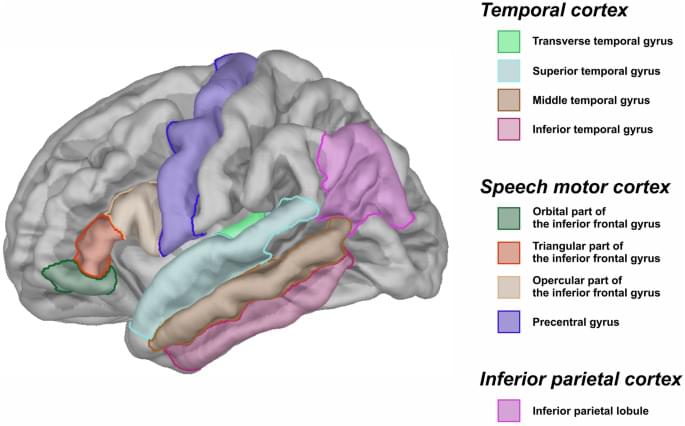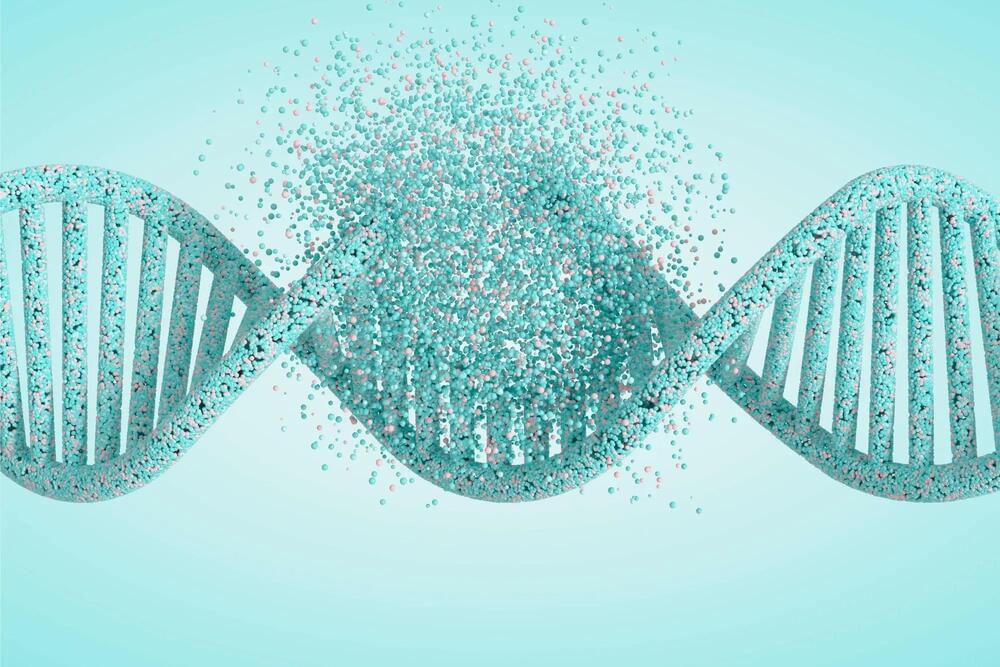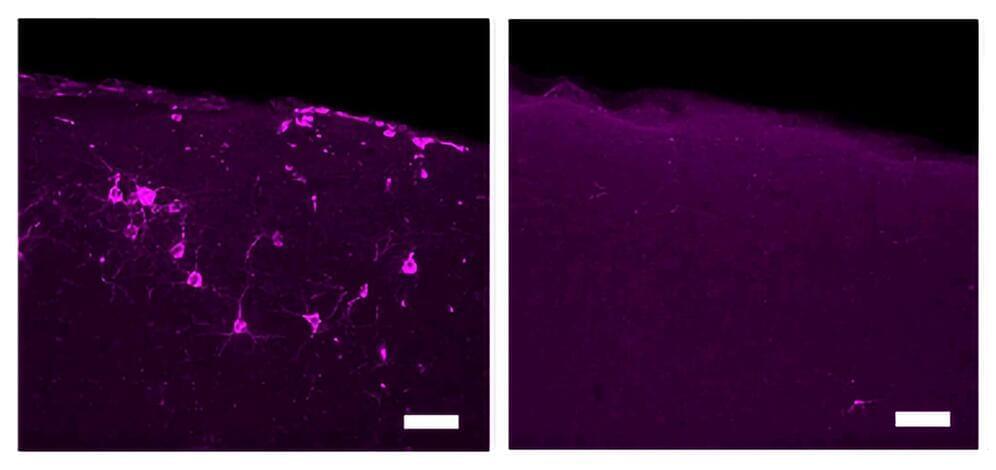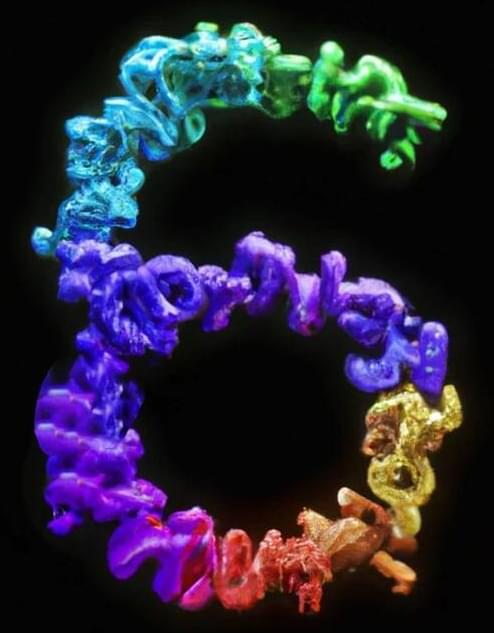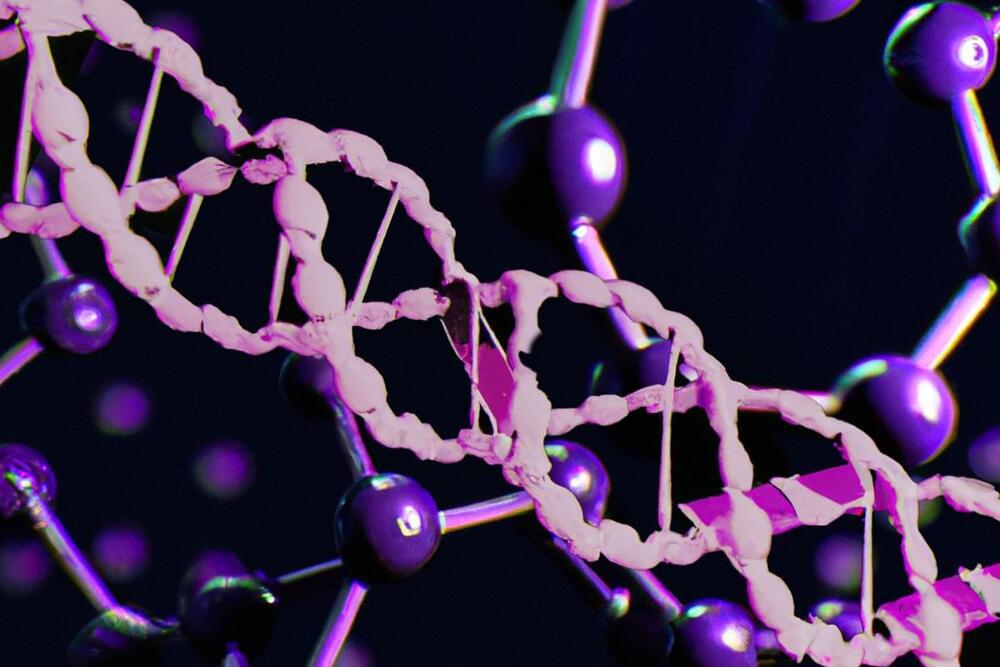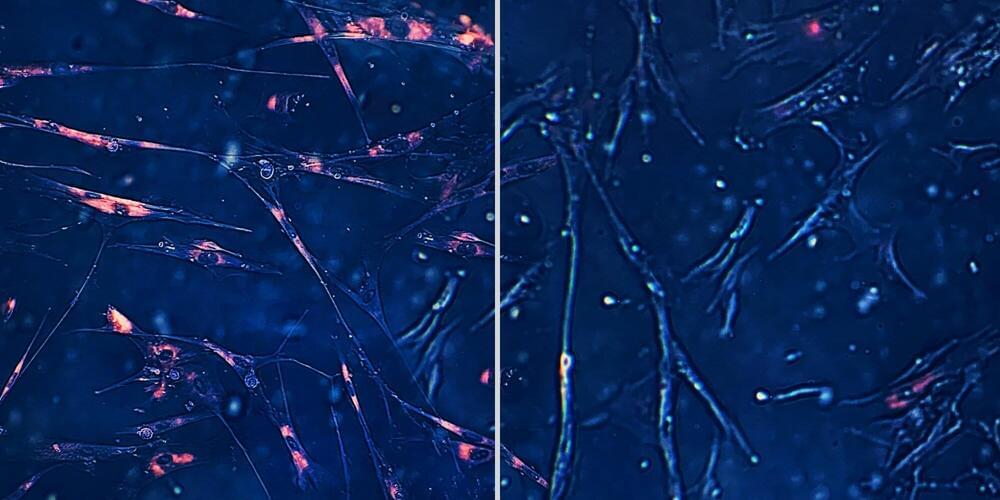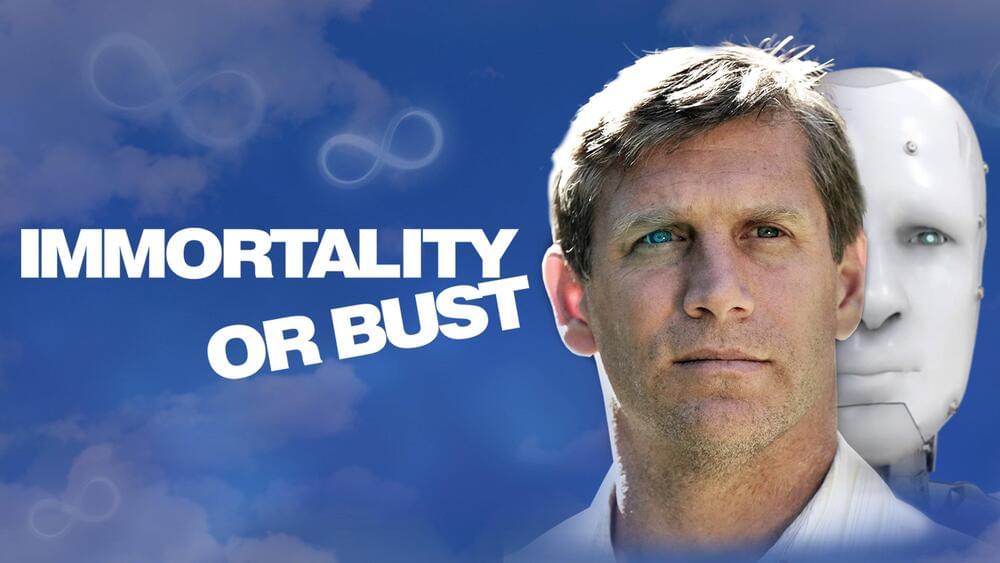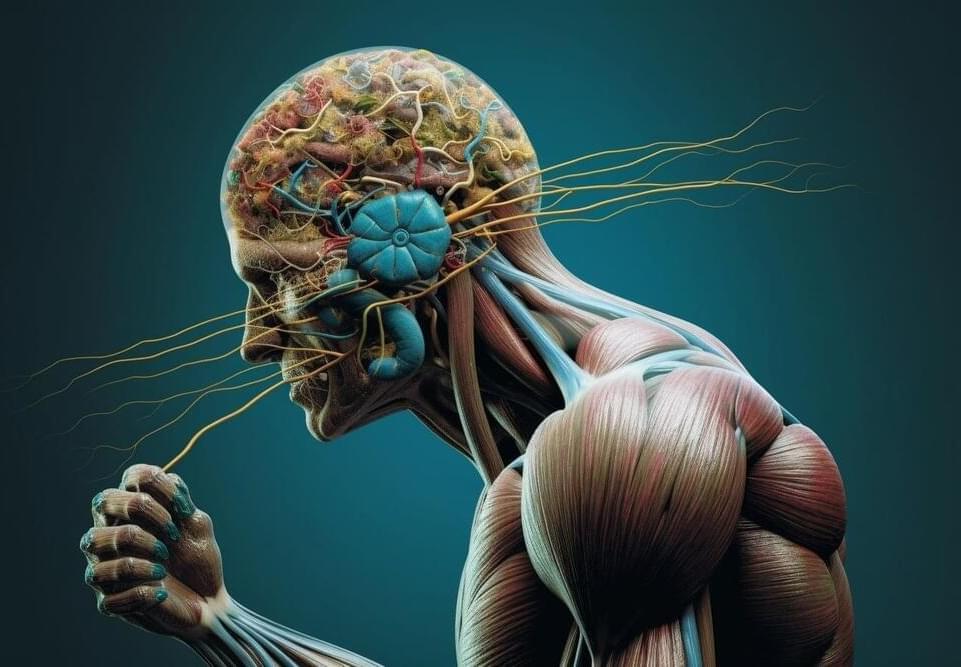Aubrey: 50% chance to LEV in 12–15 years, and a variety of topics from Rey Kurzweil to A.I. to Singularity, and so on.
In this podcast, Aubrey de Grey discusses his work as President and CSO at Lev Foundation and co-founder at Sense Research Foundation in the field of longevity. He explains how the Foundation’s focus is to combine rejuvenation and damage repair interventions to have greater efficacy in postponing aging and saving lives. De Grey believes that within 12 to 15 years, they have a 50% chance of achieving longevity escape velocity, which is postponing aging and rejuvenating the body faster than time passes. De Grey acknowledges the limitations of traditional approaches like exercise and diet in postponing aging and feels that future breakthroughs will come from high-tech approaches like skin and cell therapies. He discusses the potential of AI and machine learning in drug discovery and the possibility of using it to accelerate scientific experimentation to optimize decisions about which experiments to do next. De Gray cautions that the quality of conclusions from AI depends on the quality and quantity of input data and that the path towards defeating aging would require a symbiotic partnership between humans and AI. Finally, he discusses his excitement about the possibilities of hardware and devices like Apple Watch and Levels in tracking blood sugar levels and their potential to prolong life.
